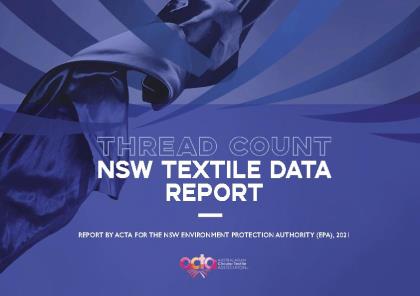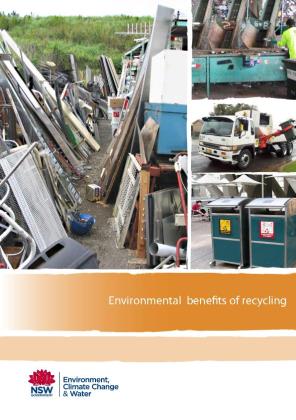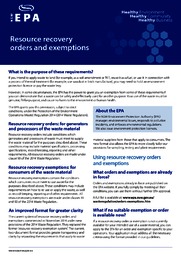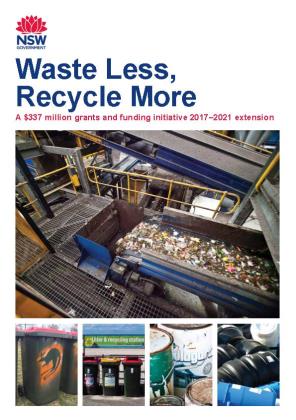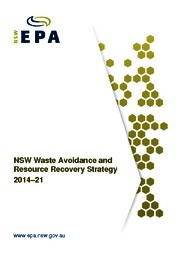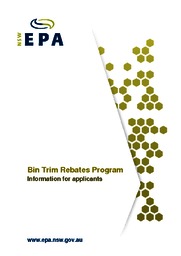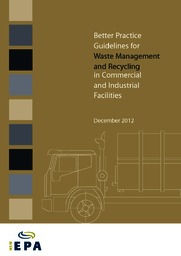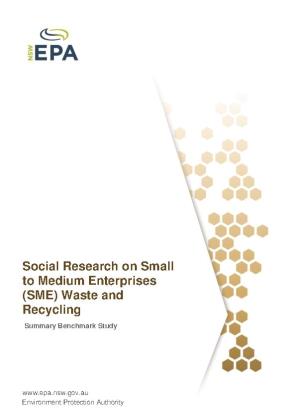Recipients developed synergies with other industries to identify industrial ecology opportunities, increase efficiency, and save money by reducing waste sent to landfill.
Circulate was part of the NSW Government's Waste Less, Recycle More Initiative, using funds derived from the waste levy. 61 Circulate projects resulted in over 115,000 tonnes of material being diverted from landfill, but also explored new ideas and enabled innovation.
About industrial ecology
Industrial ecology increases the efficiency of industry's resource use, by shifting it from a linear to a closed-loop or circular system.
- Traditional industry typically follows a linear pattern. Virgin resources are extracted from the environment, products are made and sold, and waste products are sent to landfill.
- Industrial ecology redesigns industrial processes so they function in similar ways to natural ecosystems. In this way, the waste products of one process become the resources of another process.
Industrial ecology has important economic and environmental benefits. Using the by-products of other companies or industries can reduce an organisation's costs and reduce the amount or waste going to landfill.
Industrial ecology can support organisations from a wide range of sectors, including:
- manufacturing
- wholesale trade
- retail trade
- construction
- accommodation and food services
- transport, postal and warehousing
- education and training
- healthcare and social assistance
- not for profit
- government.
Benefits of industrial ecology
- Reducing waste disposal costs
- Achieving cost savings by using recycled materials
- Increasing your business profile and demonstrating your commitment to sustainability and innovation.


